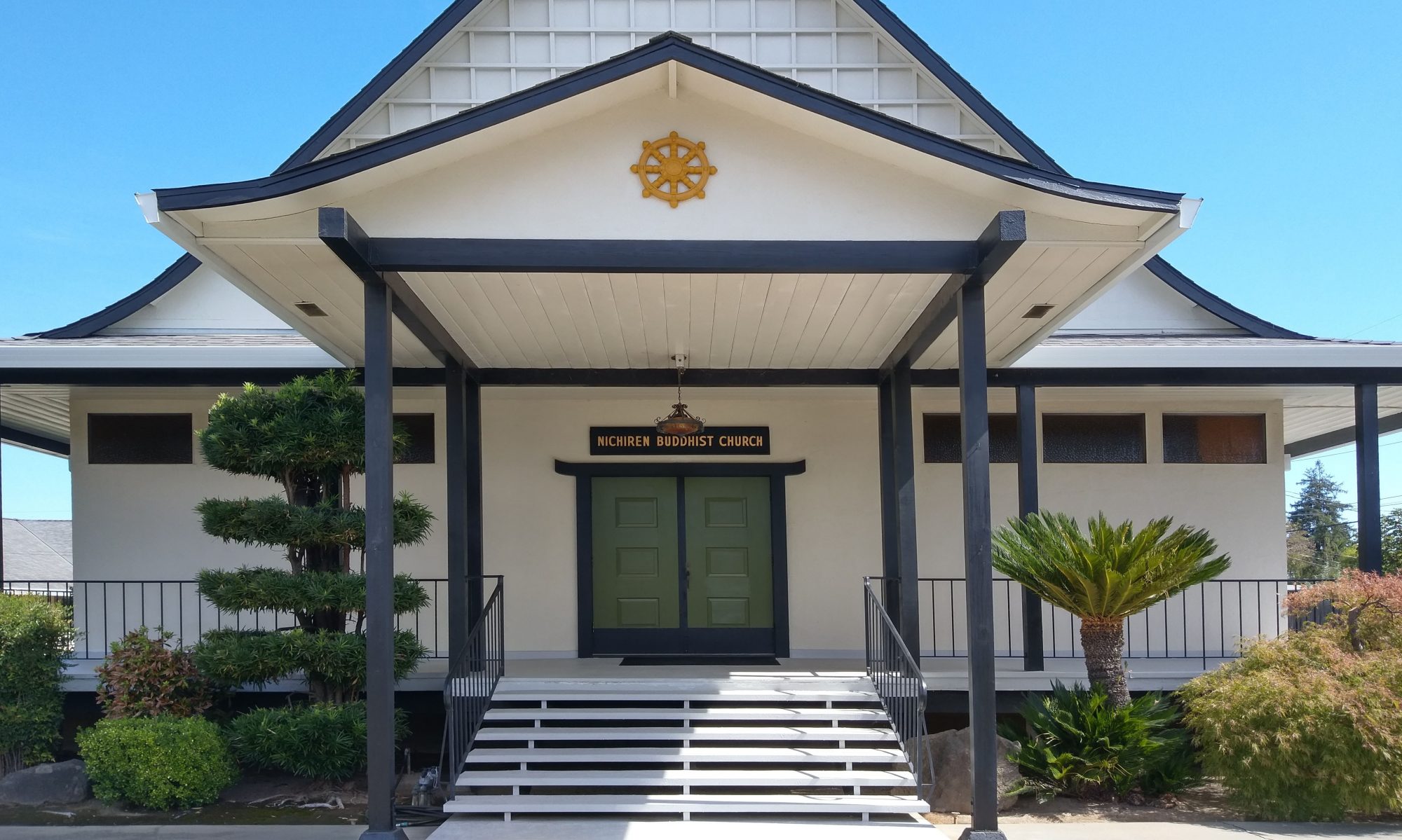Deng Xiaoping (1904-1997), a former leader of China known for introducing economic reforms and opening the country to foreign investment, famously said, “Let some people get rich first.” While Deng’s policies led to China’s rapid economic growth, some suggest that his ideas increased the gap between the rich and poor. This contrasts with the egalitarianism so prominent during the rule of his predecessor, Mao Zedong (1893-1976). Deng seems to suggest that China’s economic growth needs to start from economic success of the individual, which would in turn help the society, and ultimately the country. I would like to use Deng’s idea as an analogy to introduce “rissho anshin” (立正安心), a new term that I have coined.
Throughout my years as a minister, I have seen and met many people who visit a Buddhist temple for the first time. Many of them want to explore their interests in Buddhism, yet there are those that have a problem in their life that they believe Buddhism could help them resolve. For the majority of these people, they are merely curious to “test out” Buddhism as a remedy for their problems. They are not as interested in the spiritual aspect of religion, but only see it from a philosophical perspective. However, the major difference between philosophy and religion is that the latter incorporates prayer.
Nichiren Shonin is known for his various forms of prayer for differing purposes, ranging from those specific for a lay follower to prayers he hoped would help save Japan from the destructive effects of “mappo” (末法) or “the period of degeneration of Buddhist teachings”. His Rissho Ankoku Ron (立正安国論), which literally translates to “establishing the right teaching for peace of the land”, addresses his concerns with the countless forms of suffering he saw in Japan. He believed that this could be fixed if more people followed the teachings of the Lotus Sutra. Nichiren Shonin prayed not only for a single person, but the whole country of Japan.
We may aspire to be like him and pray for something grand like world peace or the end of all suffering. However, I personally think that we must first attempt to practice what I like to call “rissho anshin” or “establishing one’s peace of mind”, before embarking on a path to help others. We cannot expect someone who is suffering or unhappy with his or her life to have the capacity to pray for world peace. However, we can use the teachings of the Lotus Sutra, or the “right teaching” as Nichiren Shonin called it, to work towards attaining happiness, after which we can pray for peace within one’s family, the country, and then the world. Thus, we can take small steps that would allow us to ultimately practice what Nichiren Shonin stated in his Rissho Ankoku Ron.
In referring back to Deng’s quote, we see that while not everyone can become wealthy simultaneously, it is possible for those that “get rich first” to help others using their newly acquired wealth. This leads to what can be seen as a domino effect, thus increasing the number of affluent people, and subsequently, economic growth of the country as a whole. In the same way, we see that not everyone can be at peace with himself or herself. However, it is possible for those that have already attained happiness to pray for suffering individuals, which would hopefully decrease suffering and ultimately lead to world peace.
I am hoping that you will, if not so already, become at peace with yourself, and reach a point where you will be encouraged to extend your happiness to others through prayer.
Ven. Kenjo lgarashi
November 2016
